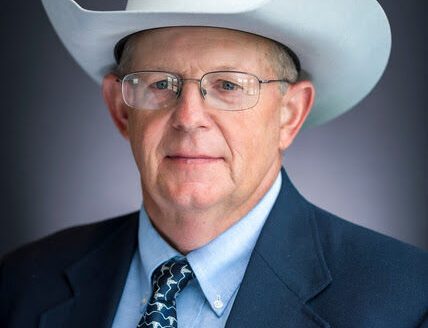Are we there yet?
The thought ran through my mind several hours into a long drive. The talk had worn thin, songs on the stereo now felt stale and both my husband and I were beyond ready to reach the final destination.
No hard feelings, these trips are often full of fun, quality time together. But we’d passed the tipping point of good times and were steadily sliding down the other side of the bell curve.
Have we reached that point in the quality beef ride, too? We rounded out 2019 with 72% of the harvest reaching the Choice grade and 8.6% Prime. There’s more premium beef on the market than ever before. Could we be approaching our destination, maybe even delivering too much of a good thing?
For decades the National Beef Quality Audit tried to find out if there is an ideal quality grade mix, only for the market to tell us it’s determined by evolving economic signals from consumers.
As we’ve gotten better at consistently producing more premium beef, consumption and demand have grown. Our product today is worth more and that value flows back to producers. CattleFax estimates that if demand had not grown in the last 20 years but remained flat, fed cattle would be worth $20 per hundredweight less. We’d be out $270 per head there, and calf prices would be $50 per hundredweight lower than they are today.
Premium Choice qualifying carcasses can earn up to $50 per head above the bottom third of the category—totaling an added potential value of $90 above the cash market. For those grading Prime, it can mean as much as $200 above cash on value-based packer formula, grid and contract markets.
But not every consumer can afford premium quality beef, right?
Well, let’s look at the other side of that coin. The Select grade category gets smaller each year, rounding out 2019 at only 16% of the mix. In 2018 the Red Angus Association published a white paper on its disappearance, predicting by 2025 Select will be merely a shadow in an industry that’s moved toward higher quality.
In practical terms, it already is. The marketability of Select grade beef keeps sliding. As restaurants and grocery chains have learned to appreciate a more highly marbled, consistent product and the value it drives in their business, fewer are willing to accept anything less. We’ve transitioned away from the days where packers had a short list of where to send their limited supply of Prime product to now only a handful of customers that will take the cheaper, lower end.
Those who see this boost in quality as the offramp—a chance to drive away from that long journey toward higher carcass quality—may have a bumpy road ahead.
The drive is far from over and there’s much to be won by keeping a focus on genetics with that “taste fat” premium potential.
As the bar for average rises, we may see the quality grades shift. Opportunity on the premium end could mean a segmented Prime category, similar to graduated Choice today.
We haven’t reached a tipping point. For cattlemen, more of a good thing is a great thing.
The drive toward carcass quality isn’t over yet.

